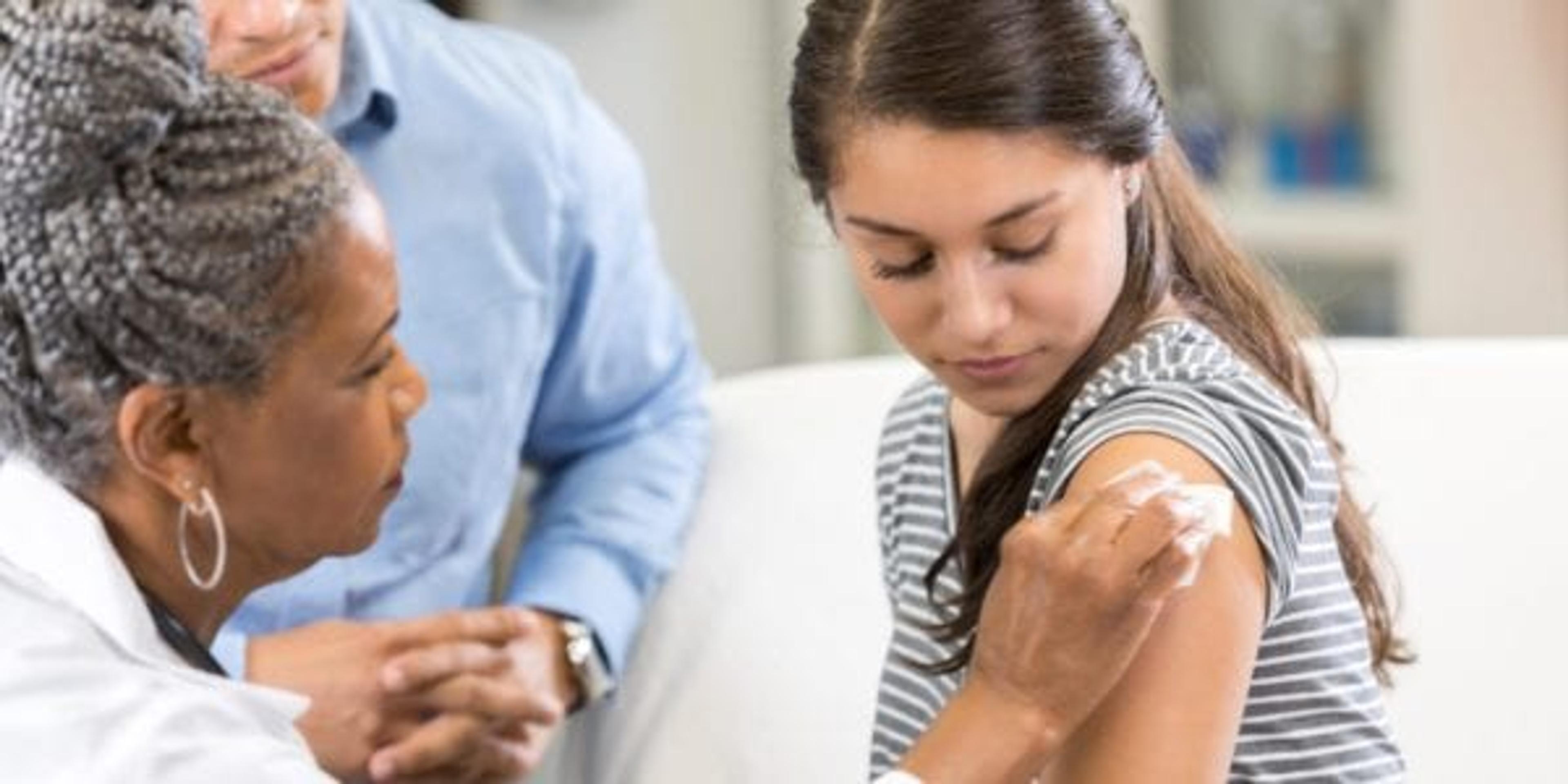Your Lifetime Immunization Checklist
| 3 min read

Vaccines prevent more than 2 to 3 million deaths each year according to the World Health Organization. They protect not only those receiving the vaccines, but also everyone around them—especially those with weakened immune systems. And although many people think of vaccinations as something only babies and children need, teens, young adults and seniors should also get vaccinated to protect against diseases.
Here’s what you need to know about recommended vaccines at every stage of life beyond childhood according to the Centers for Disease Control and Prevention. It’s important to note that these are just recommendations, so consult your physician to find out exactly which vaccines you need.
11 to 12 year olds:
- Tetanus, diphtheria and acellular pertussis: This vaccine, commonly referred to as the “Tdap” vaccine, protects against all three of the above diseases. You might know pertussis by its other name, whooping cough.
- Human papillomavirus (HPV): This vaccination series protects against certain cancers and other diseases caused by HPV. This is the ideal age to get the HPV vaccine but it can still be highly effective in teens and young adults up to 26 years.
- Meningococcal: Now is the time when your child should get the initial dose of the meningococcal conjugate vaccine, which protects against bacterial meningitis.
13 to 18 year olds:
- Meningococcal: If a child had an initial vaccine between 11 and 12, they’ll get a booster shot at 16. If they weren’t vaccinated as a pre-teen, they should be vaccinated now. Some college freshmen or other students living in a dorm might be required to get a booster shot.
19 to 26 year olds:
- HPV vaccine: As noted above, the CDC recommends that girls and boys aged 11 or 12 get the HPV vaccine series. For those who did not get the vaccine when they were younger, it is recommended that they get it now.
19 to 55 year olds:
- Measles, mumps, rubella: Between 2 and 5% of people do not develop measles immunity after the first dose of vaccine they get as a baby. This occurs for a variety of reasons and might require one or two doses later in life. Those who are considered high risk and need a second dose include health care personnel, international travelers and people exposed to measles in an outbreak setting.
19 to 65 year olds (or older):
- Varicella (chickenpox): The CDC recommends that children under 13 should get two doses – the first at 12 to 15 months and the second at 4 to 6 years-old. If you didn’t receive the chickenpox vaccine as a child, they recommend that you should get two doses as an adult at least 28 days apart.
- Shingles: Healthy adults 50 years and older should get two doses of the shingles vaccine called Shingrix, separated by 2 to 6 months, to prevent shingles and complications from the disease, according to the CDC.
65 year olds and older:
- Pneumococcal polysaccharide: This single-dose vaccine helps protect against severe infections in the blood and lungs due to a group of bacteria called streptococcus pneumoniae. After receiving the vaccine, your body learns to attack the bacteria if you come in contact with it, making you less likely to get sick from an infection.
Everyone:
- Influenza: The CDC recommends that everybody receives a flu vaccine on an annual basis.
In addition to consulting with your physician, the CDC has a quiz for adults and adolescents to take to find out which vaccines you may need.
Related:
Photo credit: SDI Productions





